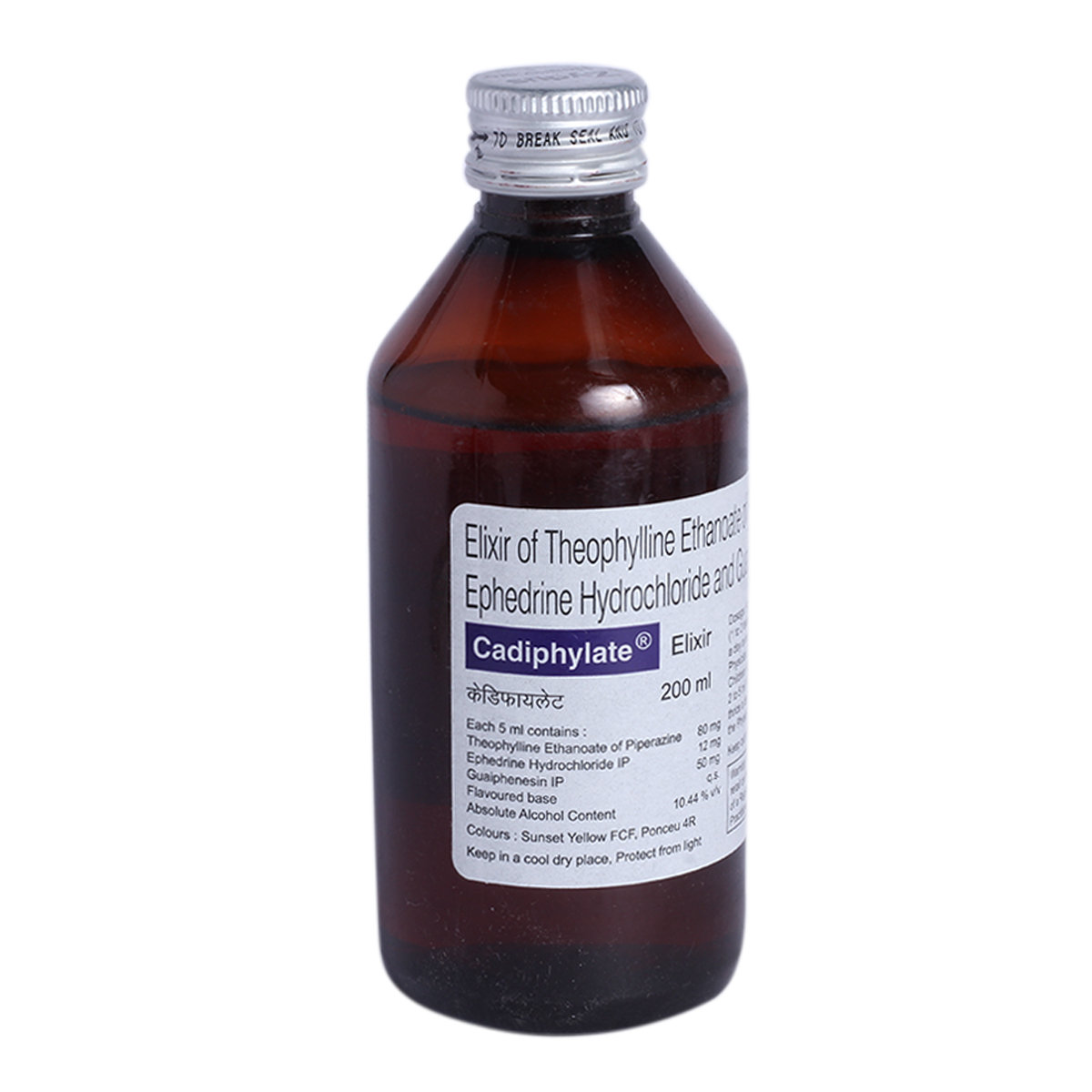Piperazine
About Piperazine
Piperazine is an anti-parasite medicine belonging to the family anthelmintics. It is used to treat different parasitic infections (worm infections) in adults and children. Parasitic infections are diseases caused by parasites (micro-organisms) that live in or on another host/organism. Piperazine is mainly used in treating infections of the roundworms and pinworms caused by parasites.
Piperazine contains Piperazine as an active ingredient, which belongs to the class of GABA receptor agonist drugs. It works by binding to the GABA receptors and causing paralysis of susceptible parasites. Thus, it treats the infection.
Piperazine may cause certain side effects, such as drowsiness, diarrhea, nausea, dizziness, vomiting, headache, muscle weakness, and stomach pain. These side effects do not require medical attention and gradually resolve over time. However, if the side effects persist or worsen, please consult your doctor. Piperazine should be taken as advised by your doctor. It is advised not to take more than the prescribed dose of Piperazine. Generally, the dose of the medicine will be decided by your doctor, depending upon the type and severity of the infection.
Piperazine should be avoided if you are allergic to it or any other contents in the formulation. Keep your doctor informed about your current medications and medical history to rule out any side effects/interactions. Inform your doctor if you have any conditions, such as liver disease and kidney disease. It is unknown whether Piperazine can be given to pregnant and breastfeeding women. Hence, inform your doctor if you are pregnant or breastfeeding before taking this medicine. Children below 12 years of age should take Piperazine only if prescribed by the paediatrician. If prescribed, proper care should be taken during the treatment period. Piperazine might increase the chances of getting an infection. Hence, maintain proper hygiene and try to stay away from people with infections, flu or colds.
Uses of Piperazine
Medicinal Benefits
Piperazine contains Piperazine as an active ingredient, which belongs to the class of GABA receptor agonist drugs. It works by binding to the muscle membrane of GABA receptors. This causes paralyzing of the worms and eventually leads to the death of susceptible helminths and thus prevents the growth of parasitic infections.
Directions for Use
Storage
Side Effects of Piperazine
- Nausea
- Diarrhoea
- Stomach upset
- Abdominal cramps
- Vomiting
- Headache
- Dizziness
- Drowsiness
Drug Warnings
Piperazine should be avoided if you are allergic to it or any other contents in the formulation. Keep your doctor informed about your health condition, medications, and medical history to rule out any side effects/interactions. Inform your doctor if you have any conditions, such as liver disease and kidney disease. Whether Piperazine can be given to pregnant and breastfeeding women is unknown. Hence, inform your doctor if you are pregnant or breastfeeding before taking this medicine. Children below 12 years of age should take Piperazine only if prescribed by the paediatrician. If prescribed, proper care should be taken during the treatment period. Piperazine might increase the chances of getting an infection. Hence, maintain proper hygiene and avoid people with infections, flu or colds.
Drug Interactions
Drug-Drug Interactions: Piperazine may have interaction with anthelmintic (praziquantel), corticosteroid (dexamethasone), antacid (cimetidine), and anti-asthma (theophylline).
Drug-Food Interactions: No interactions found/established.
Drug-Disease Interactions: Inform your doctor if you have liver disease, kidney disease or seizures before starting treatment with Piperazine.
Drug-Drug Interactions Checker List:
Safety Advice

Alcohol
consult your doctorIt is unknown whether alcohol interacts with Piperazine. Please consult your doctor for more information.

Pregnancy
cautionIf you are pregnant or planning pregnancy, inform your doctor before taking Piperazine. Your doctor may prescribe this medicine if the benefits outweigh the risks.

Breast Feeding
cautionIf you are breastfeeding, inform your doctor before taking Piperazine. Your doctor may prescribe this medicine if the benefits outweigh the risks.

Driving
unsafePiperazine may cause dizziness and make you sleepy. Hence, it is advised not to drive or operate machinery unless you are alert.

Liver
consult your doctorIf you have liver disease, inform your doctor before taking Piperazine.

Kidney
consult your doctorIf you have kidney disease, inform your doctor before taking Piperazine.

Children
safe if prescribedPiperazine is safe for use in children if prescribed by the doctor. Your doctor will prescribe the dose of this medicine based on your child's age and body weight.
Habit Forming
Diet & Lifestyle Advise
- Wash your hands frequently with soap and water, especially after using the toilet and while eating.
- Avoid eating raw fish and meat.
- Wash all fruits and vegetables properly before consuming.
- Wash or reheat food that has been around for a long time.
- Avoid contact with soil that may be contaminated with faeces.
- Avoid foods that have been kept open in the markets, as they can be contaminated.
- Try to drink boiled and purified water.
Patients Concern
Disease/Condition Glossary
Parasitic infections: Parasitic worms, also called intestinal worms or helminths, are infections caused by parasites (micro-organisms) that live in or on another host/organism. Intestinal worms are of different types, such as roundworms and flatworms, tapeworms and flukes. These infections can occur due to consuming contaminated water, food or soil, contact with contaminated faeces, poor sanitization, and poor hygiene. Symptoms may include abdominal pain, diarrhea, nausea, vomiting, gas, bloating, fatigue, unexplained weight loss, and dysentery (bloody stools). Piperazine is used in treating infections of the roundworms and pinworms caused by parasites.
FAQs
Piperazine contains Piperazine, which works by binding to the muscle membrane of GABA receptors. This causes paralyzing of the worms.
Piperazine can cause diarrhea as a side effect. If you have diarrhea that is watery or bloody, call your doctor. Do not use anti-diarrheal medicine unless your doctor tells you to.




